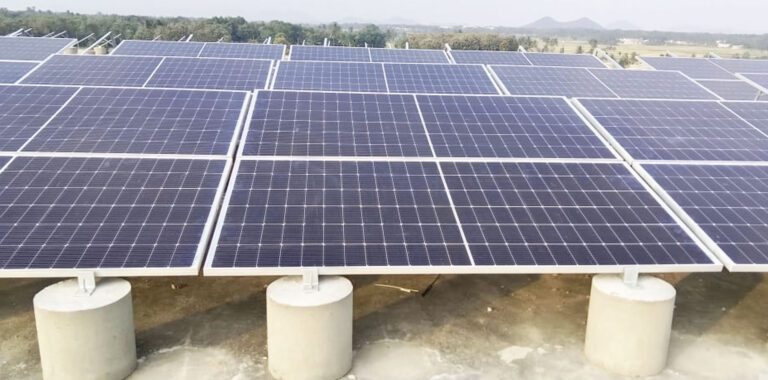
- Renewable and Sustainable: Solar energy is a virtually infinite and renewable resource, ensuring a continuous and sustainable power supply.
- Reduced Electricity Bills: Installing solar panels allows homeowners and businesses to generate their electricity, leading to significant reductions in monthly electricity bills.
- Low Environmental Impact: Solar power production has a minimal environmental footprint compared to traditional energy sources, reducing greenhouse gas emissions and air pollution.
- Energy Independence: Solar energy provides a degree of energy independence, reducing reliance on non-renewable resources and mitigating the impact of energy price fluctuations.
- Job Creation: The solar industry contributes to job creation, from manufacturing and installation to maintenance and research, fostering economic growth.
- Low Operating Costs: Once installed, solar systems have low operating and maintenance costs, making them a cost-effective long-term investment.
- Grid Stability: Distributed solar power generation enhances grid stability by reducing the strain on traditional power infrastructure during peak demand periods.
- Technological Advancements: Ongoing advancements in solar technology continually improve efficiency, making solar power increasingly accessible and efficient.
- Financial Incentives: Many governments offer financial incentives, tax credits, and rebates to encourage the adoption of solar energy, making it more affordable for individuals and businesses.
- Community Benefits: Solar projects can bring economic benefits to local communities, fostering sustainable development and providing clean energy access to remote areas.
- Long Lifespan: Solar panels typically have a long lifespan, often lasting 25 years or more, ensuring a reliable and consistent energy source over an extended period.
- Reduced Carbon Footprint: Choosing solar energy helps reduce carbon emissions, mitigating the impact of climate change and contributing to a greener planet.

